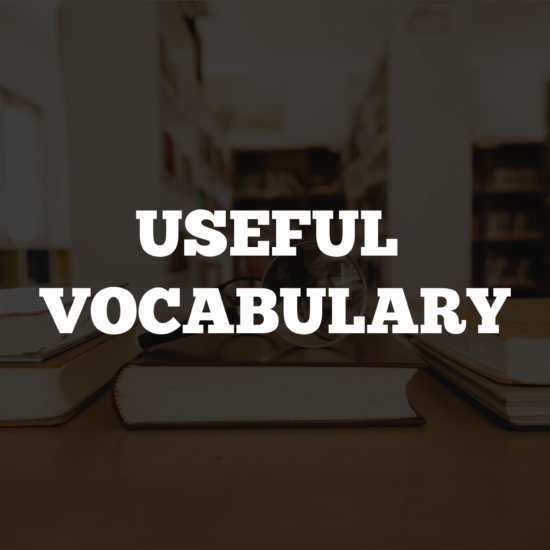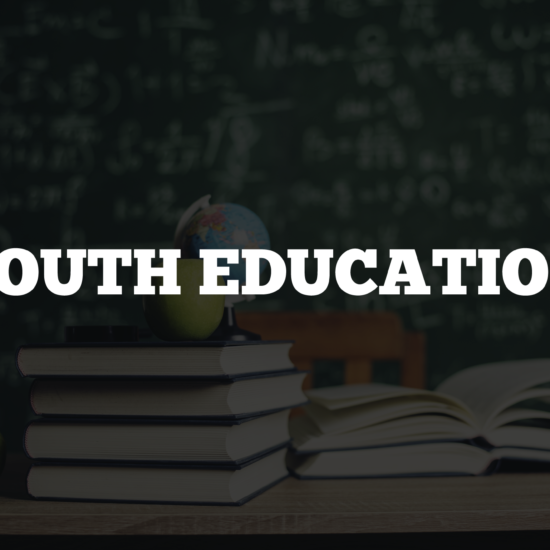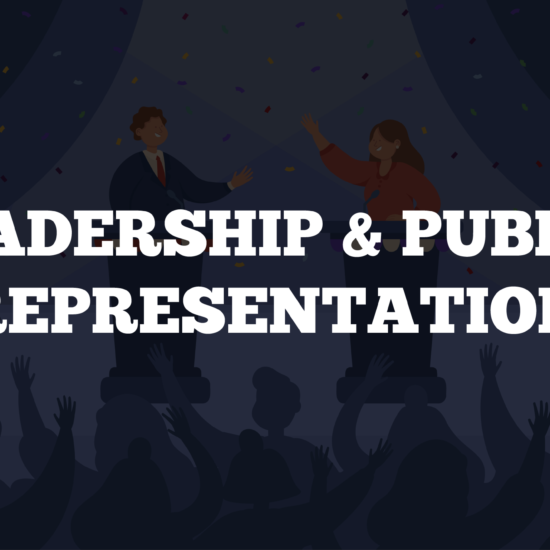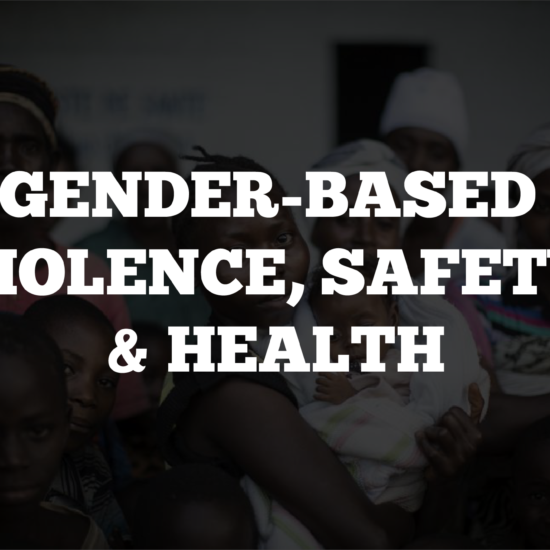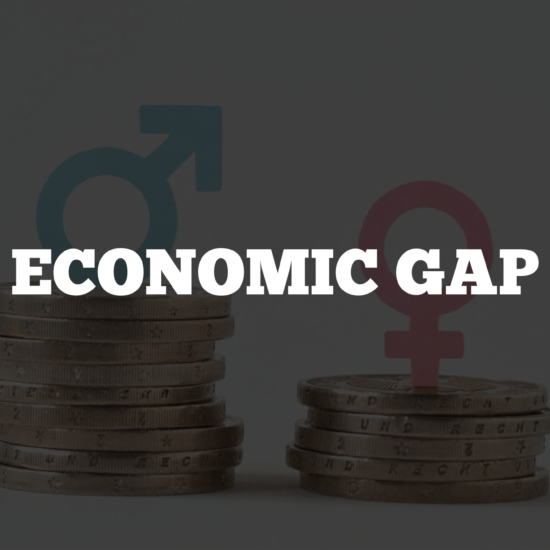TOWARDS GENDER EQUALITY / Climate & environment
Climate & Environment
Climate & Environment
“Through their experiences as early adopters of many new agricultural techniques, first responders in crises, entrepreneurs of green energy, and decision-makers at home, women offer valuable insights and solutions into better managing the climate and its risks. Yet, their contribution is often overlooked in humanitarian and climate action, their practical needs forgotten. Building a sustainable future entails harnessing the knowledge, skills, and leadership of women in climate action.” UN Women
In 2020 the UN found that 70 percent of all climate negotiators are men.And the COP26 summit, which was held in Glasgow from 31st October-12th November 2021, did not mark the turning point that was hoped for by so many.
In December 2020 over 400 female climate leaders signed an open letter to the UK government, as hosts of the summit, calling for a 50:50 gender balance at the top levels of the talks. The campaign was launched by SHEchangesclimate. At the time, the UK was fielding an all-male leadership team for the summit, even though it was among the signatories of the GAP (Gender Action Plan) agreed at COP25 in Madrid the previous year.
According to the International Union for the Conservation of Nature (IUCN), in 2020 women held only 15 percent of top jobs in Environment Ministries worldwide. That’s an increase of just three percent in five years.
Yet women are not only disproportionately affected by climate change, but they are also the first to act to find solutions.
Women make up 70 percent of the world’s poor and so are disproportionately affected by climate change and natural disasters due to their already greater vulnerability. According to the UN, around 80 percent of people displaced by climate change are women and girls because they have fewer resources and fewer formal rights.
Following the largest and longest study of its kind, The International Union for the Conservation of Nature (IUCN) drew explicit links between climate change and an increase in gender-based violence. The findings, presented in 2020, showed a mounting pressure on natural resources and environmental crises such as drought or flooding leads to increasing dangers for women and girls. These can include being attacked when collecting fuel or water, unsafe conditions in overcrowded climate refugee camps, or spikes in child marriages in periods of prolonged ecological threat in a bid to save resources.
According to UN Women, community rescue, support and rebuilding efforts, as well as conflict resolution, all substantially improve after a disaster if women are allowed to actively participate in disaster planning and response programmes.
UN Women reports, women everywhere, but particularly in the developing world, also act as “first responders” on climate – carefully stewarding the land, planning for the future, and with deep generational knowledge of medicinal plants, nutritious crops, and ways to protect habitats long term.
In February 2021, The Brookings Institution called secondary schooling for girls the most cost-effective and best investment against climate change, because it empowers girls to have greater control over their reproductive health, increases their voice and their leadership abilities regarding their environment, and gives them skills to access the green jobs of the future.
Women form almost half of the agricultural labour force in developing countries, and up to 60 percent in parts of Africa and Asia, but they own less than 20 percent of the land. The Food and Agriculture Organization (FAO) estimates that if women had the same access to productive resources as men, they could increase yields on their farms by 20-30 per cent, raising total agricultural output in developing countries by 2.5-4 per cent.
Closing the gender gap in terms of access to agricultural inputs alone could lift 100-150 million people out of hunger.
According to UN Environment Programme World Conservation Monitoring Centre (UNEP-WCMC), small farmers – mainly women — produce 80% of the food in Africa on just 15% of the agricultural land, and control 80% of the seeds produced and exchanged on small farms”. Find out more here.
Women and girls are responsible for collecting water in almost two thirds of households in developing countries. As such they hold crucial knowledge of local water systems and how to steward them.
Water is fast becoming what campaigners call “the blue gold”. According to UN predictions, humanity’s demand for water will outstrip what our planet can supply by 40 percent by 2030.
In addition, data from the world’s wealthier nations consistently points to women having a smaller carbon footprint than men – as they tend to drive less often and for shorter distances, eat less meat, and pay more attention to issues such as efficient energy use, recycling, and making ecologically sound purchases. In 2018, market research firm Mintel dubbed this the “eco gender gap” – finding that 71 percent of women surveyed try to live more ethically compared to 54 percent of men.
Check out the following links for more data & info on women & climate/environment
- Climate change and the environment, UN Women
- Women and Girls – Closing the Gender Gap, UN
- The Gender action plan, The United Nations Framework Convention on Climate Change (UNFCCC)
- New data reveals slow progress in achieving gender equality in environmental decision making, The International Union for Conservation of Nature (IUCN)
- Gender-based violence and the environment, The International Union for Conservation of Nature (IUCN)
- Disaster risk reduction, UN Women
- Why is girls’ education important for climate action?, The Brookings Institution
- Women hold the key to building a world free from hunger and poverty, The Food and Agriculture Organization (FAO)
- Empowering rural women and girls as a solution to environmental sustainability and food security, The United Nations Framework Convention on Climate Change (UNFCCC)
- Water, gender and climate: better data for better adaptation strategies, Unesco
- The Eco Gender Gap: Are Women Greener Than Men?, Waste for change

SOLUTION STORIES, CLIMATE & ENVIRONMENT:
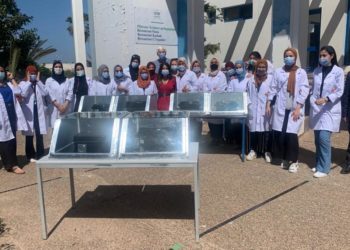
“Solar ambassadors” for the energy transition
In Morocco, women play a determinant economic, social and environmental role, especially thanks to women-run argan and farming cooperatives. The FAREDEIC network (« Arganian and rural women mobilized for an inclusive economic development » translated loosely from French) works to strengthen women capacities, and boost the local economy through an educational programme that teaches management and sales skills, as well as knowledge of solar power to 600 women. These cooperatives build simple and accessible solar solutions (cookers, dryers, ovens), that benefit neighbouring farming and fishing structures, as well as argan oil production factories, in the Souss-Massa and Tanger-Tétouan regions.
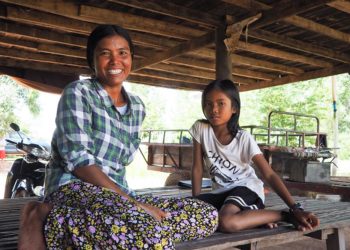
Climate migrant women in Italy strive for equal opportunities
In many countries around the world, especially the poorest, women bear the brunt of the environmental crisis as they have to provide for family needs while having the least paying jobs of the household. Attempting to migrate can also prove dangerous as women risk being intercepted by human traffickers when trying to cross borders or even when they reach their final destination. It’s particularly visible in the South of Italy, where WeWorld’s « Climate of Change » programme fights against human trafficking by helping families in need and sensitizing the general public on the link between climate change and migration.
Info
All, Gender Related Issues


